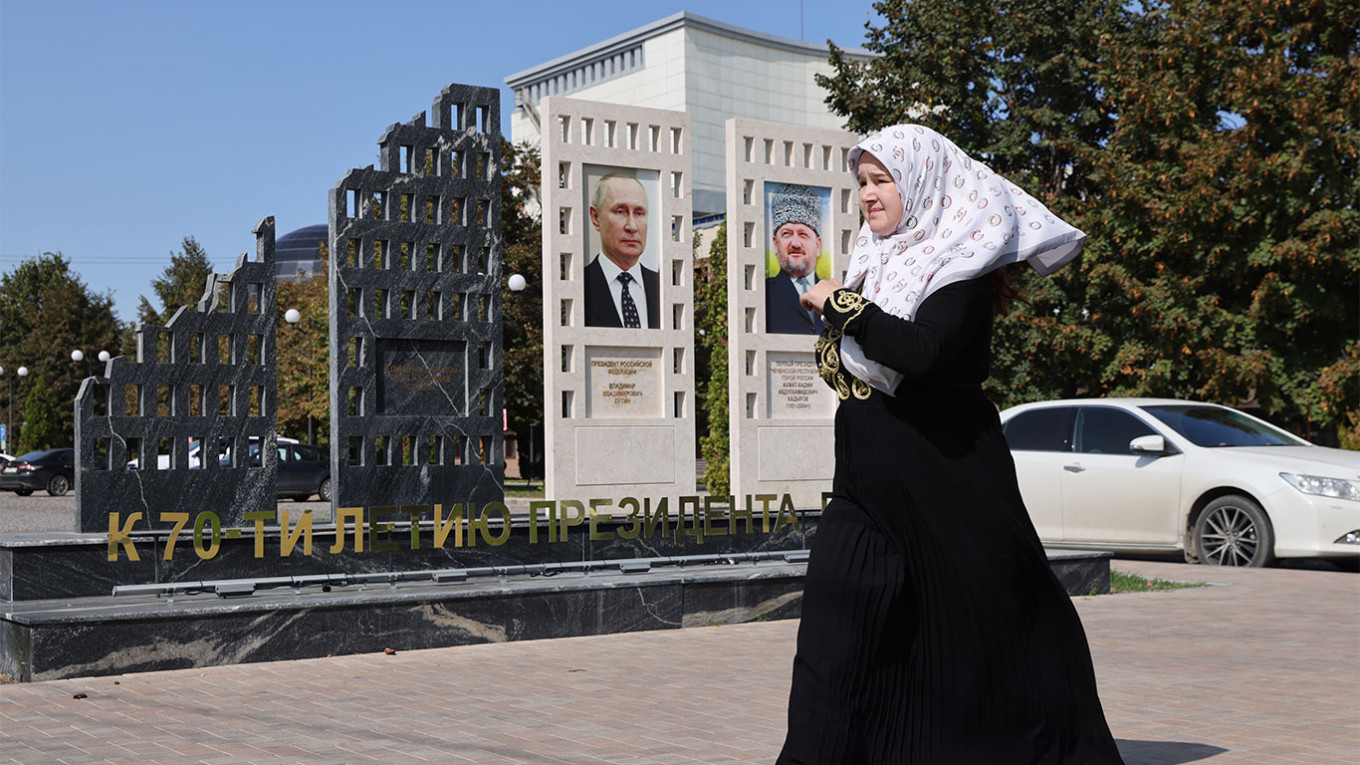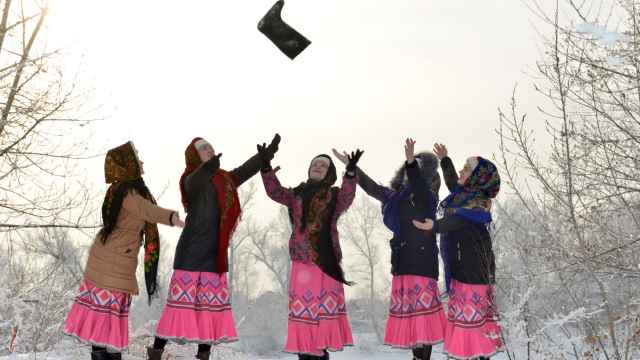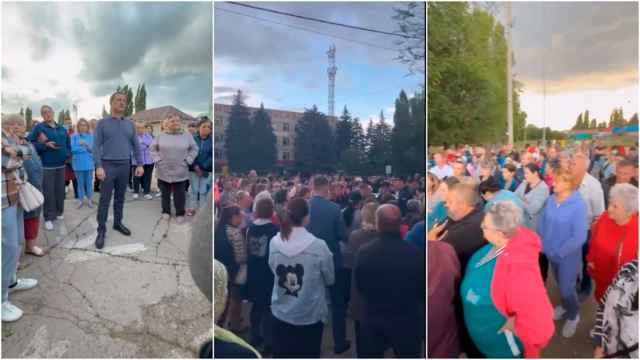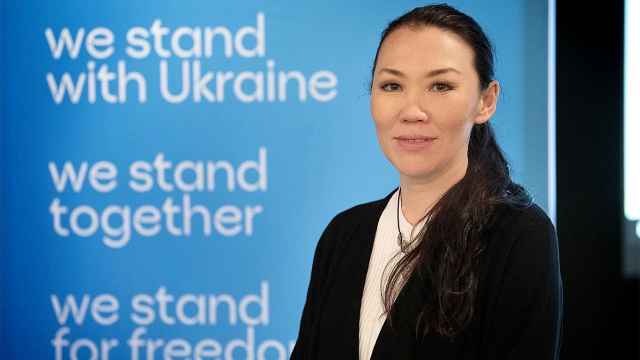Since Russia’s full-scale invasion of Ukraine, many observers in the West have predicted that the so-called “nationality question” will catalyze the disintegration of the Russian state. In fact, this theory has become so popular over the past year that any trace of tensions between ethnic Russians and one of the over 180 different nationalities that comprise the Russian Federation is instantly catapulted into the headlines as evidence of the country’s supposedly inevitable collapse.
There is, however, little to no reason to conclude that ethnic tensions will bring about the end of the Russian state as we know it. Rather, looking at history and the current state of the Russian political system, the opposite is far more likely. Ethnic tensions will continue to rise, but the Kremlin’s repressive tactics will prevent them from spinning out of control.
It is understandable why many today believe, and moreover hope, that the disintegration of Russia along its ethnic borders is a likely scenario. If the Russian state falls apart, they posit, Ukraine’s victory will be all but certain. And Russia’s ethnic divisions appear to be the most likely area where cracks could form among its forces in Ukraine. In one example, an August 2023 firefight between Chechen and Russian soldiers in the occupied Ukrainian region of Donetsk left at least 11 dead. The next month, Russian media reported that ethnic tensions motivated the beating of a Russian soldier upon his return from fighting in Ukraine was also due to ethnic strife. Minorities are also disproportionately represented among the ranks of dead Russian soldiers.
It is easy to imagine that history will repeat itself. But it rarely does. Looking back at the collapse of the Soviet Union, the former Soviet republics, all of which except for Russia had a non-Russian ethnic majority, seceded from the Union one by one until all that was left was a bureaucratic body that governed over nothing. Weeks later, the Soviet Union ceased to exist.
In contrast, nearly all regions that make up the Russian Federation today have an ethnic Russian majority. In others, such as Yakutia, the most profitable industries like gas, oil, and minerals are concentrated in regions dominated by ethnic Russians. Nor is there a clear desire from regional governments to secede. In Chechnya, the region with the lowest percentage of ethnic Russians, Ramzan Kadyrov and his draconian regime are completely loyal to the Kremlin. Any parallels between 1991 and the present simply do not hold up.
Russia’s forced subjugation of the many regions and peoples that make up the federation is a lifeline for the regime’s existence. As part of its practice of “Internal Colonization,” the Russian Empire drained the natural resources from newly conquered lands and settled them with ethnic Russians, eradicating any chance of autonomy for the indigenous locals. Today, initiatives that have fought back against this subjugation and seek to defend their cultural and national identities, such as the Free Yakutia Foundation, are forced underground or into exile.
While Russia’s neo-imperial aspirations and war are a matter of concern for much of the world, the internal colonization and forced subjugation of these regions are a sadly forgotten and whitewashed aspect of Russian history. All the more, the state maintains a firm monopoly on violence across Russia thanks to the legacy of the Soviet power structures.
Furthermore, despite the repeated occurrence of ethnic disputes between Russians and other ethnicities, Russia’s “carrot and stick” strategy will prevent any republic from attempting to break away like Chechnya. In the past two decades, Russia has flooded Chechnya with money and granted the republic a degree of autonomy not found elsewhere in the country. The recent arrest and transfer of Nikita Zhuravel to Chechnya at the behest of Chechen authorities after he publicly burned the Koran demonstrates the unique relationship between Moscow and Grozny. Kadyrov published a video showing his 15-year-old son physically assaulting Zhuravel, inciting no response from Moscow. Had it occurred anywhere else, it would have been a national scandal. This cooperation works in the other direction too. During the Wagner mutiny, Kadyrov and his army unequivocally backed Putin.
Despite rumors of Kadyrov’s failing health, the chances that Chechnya could mount another rebellion against the Kremlin are slim. The majority of the region’s separatists are in exile, divided amongst themselves.Meanwhile, the Kremlin would snuff out any unrest in the event of Kadyrov’s death and throw its full weight behind a successor to keep the peace and preserve the region’s dependence on Moscow.
Lastly, rising Russian ethnonationalism makes the danger to ethnic separatists even greater. Russian identity has become increasingly central to Russia’s concept of us-versus-them, while the Kremlin has framed its war in Ukraine as a war to defend ethnic Russians against a “genocidal” Ukrainian regime and the Russian-hating West. Movements that align with Western values to push back against Putin’s regime are likely to garner the full attention — and wrath — of the Kremlin. Unsystematic, chaotic, and poorly armed uprisings among ethnic minorities have little chance of success against an inevitably swift and bloody response. On a smaller scale, ethnonationalists may violently take matters into their own hands, punishing minorities for perceived transgressions against the Russian majority.
For centuries, relations between Russians and ethnic minorities in the country have been fraught with tension. The end of the Russian Empire and the collapse of the Soviet Union both saw regions with non-Russian ethnic majorities seek autonomy and independence from Moscow. Today, Ukraine is fighting tooth and nail in hopes of achieving that centuries-long goal.
Nevertheless, predicting Russia’s ultimate demise will come from ethnic tensions inside the country is a misreading of history. The brutal subjugation of ethnic minorities, centuries of internal colonization, and the Kremlin’s policy of stoking ethnonationalism make it highly unlikely that Russia will break apart along ethnic lines. Though tensions and violence are likely to increase in coming years, they are unlikely to topple the Kremlin or end Russia’s neo-imperial aspirations.
A Message from The Moscow Times:
Dear readers,
We are facing unprecedented challenges. Russia's Prosecutor General's Office has designated The Moscow Times as an "undesirable" organization, criminalizing our work and putting our staff at risk of prosecution. This follows our earlier unjust labeling as a "foreign agent."
These actions are direct attempts to silence independent journalism in Russia. The authorities claim our work "discredits the decisions of the Russian leadership." We see things differently: we strive to provide accurate, unbiased reporting on Russia.
We, the journalists of The Moscow Times, refuse to be silenced. But to continue our work, we need your help.
Your support, no matter how small, makes a world of difference. If you can, please support us monthly starting from just $2. It's quick to set up, and every contribution makes a significant impact.
By supporting The Moscow Times, you're defending open, independent journalism in the face of repression. Thank you for standing with us.
Remind me later.








